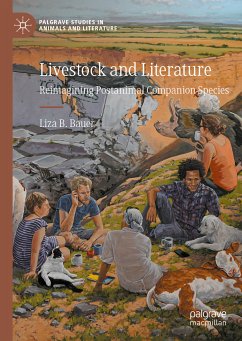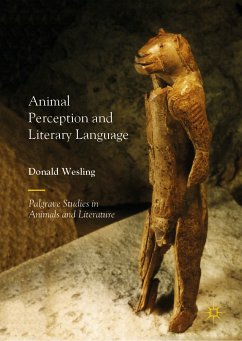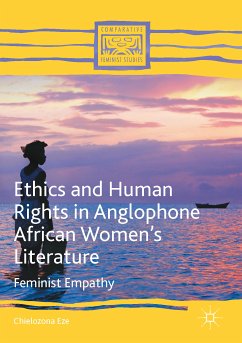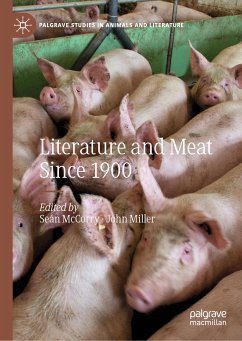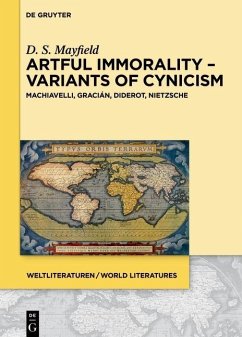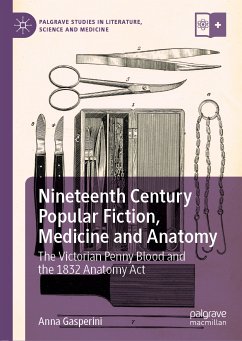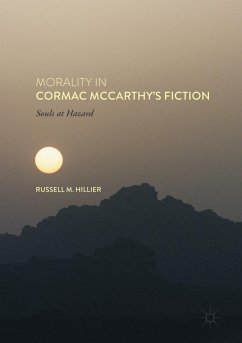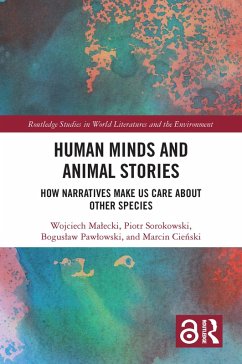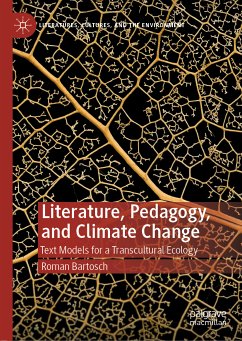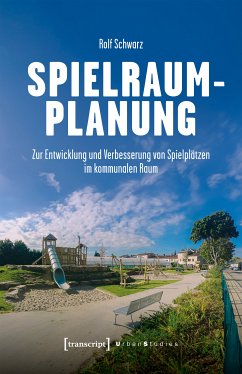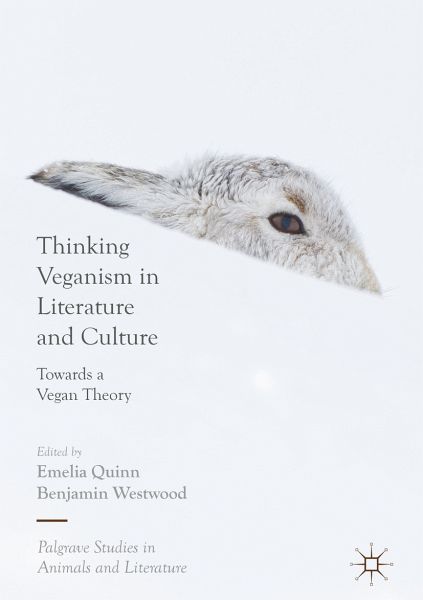
Thinking Veganism in Literature and Culture (eBook, PDF)
Towards a Vegan Theory
Redaktion: Quinn, Emelia; Westwood, Benjamin
Versandkostenfrei!
Sofort per Download lieferbar
72,95 €
inkl. MwSt.
Weitere Ausgaben:

PAYBACK Punkte
36 °P sammeln!
This collection explores what the social and philosophical aspects of veganism offer to critical theory. Bringing together leading and emerging scholars working in animal studies and critical animal studies, Thinking Veganism in Literature and Culture shows how the experience of being vegan, and the conditions of thought fostered by veganism, pose new questions for work across multiple disciplines. Offering accounts of veganism which move beyond contemporary conceptualizations of it as a faddish dietary preference or set of proscriptions, it explores the messiness and necessary contradictions ...
This collection explores what the social and philosophical aspects of veganism offer to critical theory. Bringing together leading and emerging scholars working in animal studies and critical animal studies, Thinking Veganism in Literature and Culture shows how the experience of being vegan, and the conditions of thought fostered by veganism, pose new questions for work across multiple disciplines. Offering accounts of veganism which move beyond contemporary conceptualizations of it as a faddish dietary preference or set of proscriptions, it explores the messiness and necessary contradictions involved in thinking about or practicing a vegan way of life. By thinking through as well as about veganism, the project establishes the value of a vegan mode of reading, writing, looking, and thinking.
Dieser Download kann aus rechtlichen Gründen nur mit Rechnungsadresse in A, B, BG, CY, CZ, D, DK, EW, E, FIN, F, GR, HR, H, IRL, I, LT, L, LR, M, NL, PL, P, R, S, SLO, SK ausgeliefert werden.



